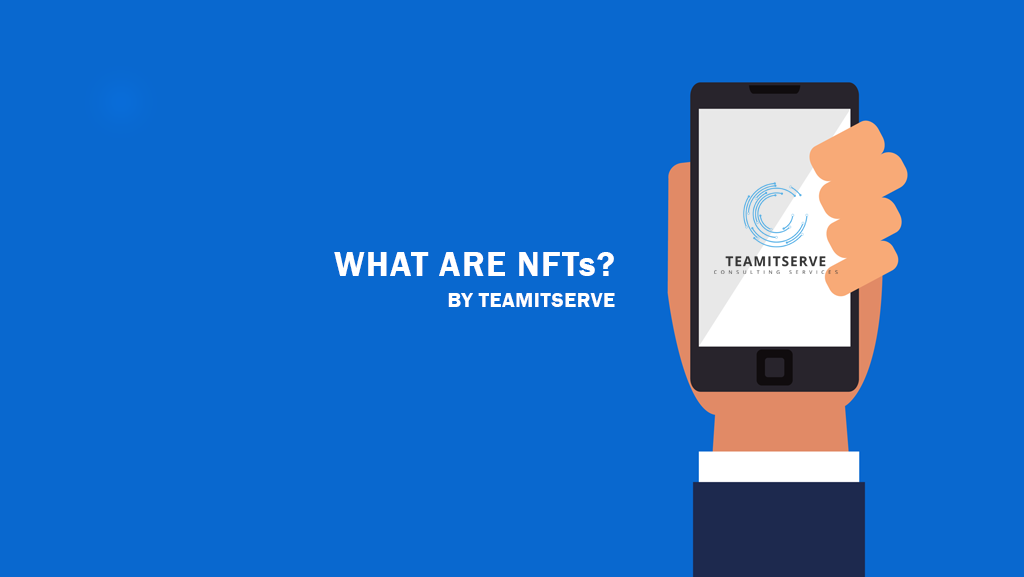
A non-fungible token (NFT) is a non-interchangeable unit of data stored on a blockchain, a form of digital ledger, that can be sold and traded.[1] Types of NFT data units may be associated with digital files such as photos, videos, and audio. Because each token is uniquely identifiable, NFTs differ from most cryptocurrencies, such as Bitcoin, which are fungible.
NFT ledgers claim to provide a public certificate of authenticity or proof of ownership, but the legal rights conveyed by an NFT can be uncertain. NFTs do not restrict the sharing or copying of the underlying digital files, do not necessarily convey the copyright of the digital files, and do not prevent the creation of NFTs with identical associated files.
NFTs have been used as a speculative asset, and they have drawn increasing criticism for the energy cost and carbon footprint associated with validating blockchain transactions as well as their frequent use in art scams. The NFT market has also been compared to a Ponzi scheme.[citation needed]
The NFTs market grew up during the COVID-19 pandemic, the trading of NFTs in 2021 increase to more than $17 billion, up by 21,000% over 2020’s total of $82 million.
Ownership of an NFT does not inherently grant copyright or intellectual property rights to the digital asset the NFT purports to represent. Someone may sell an NFT that represents their work, but the buyer will not necessarily receive copyright to that work, so the seller may create additional NFTs of the same work. So an NFT is merely proof of ownership[clarification needed] separate from copyright. According to legal scholar Rebecca Tushnet, “In one sense, the purchaser acquires whatever the art world thinks they have acquired. They definitely do not own the copyright to the underlying work unless it is explicitly transferred.”
